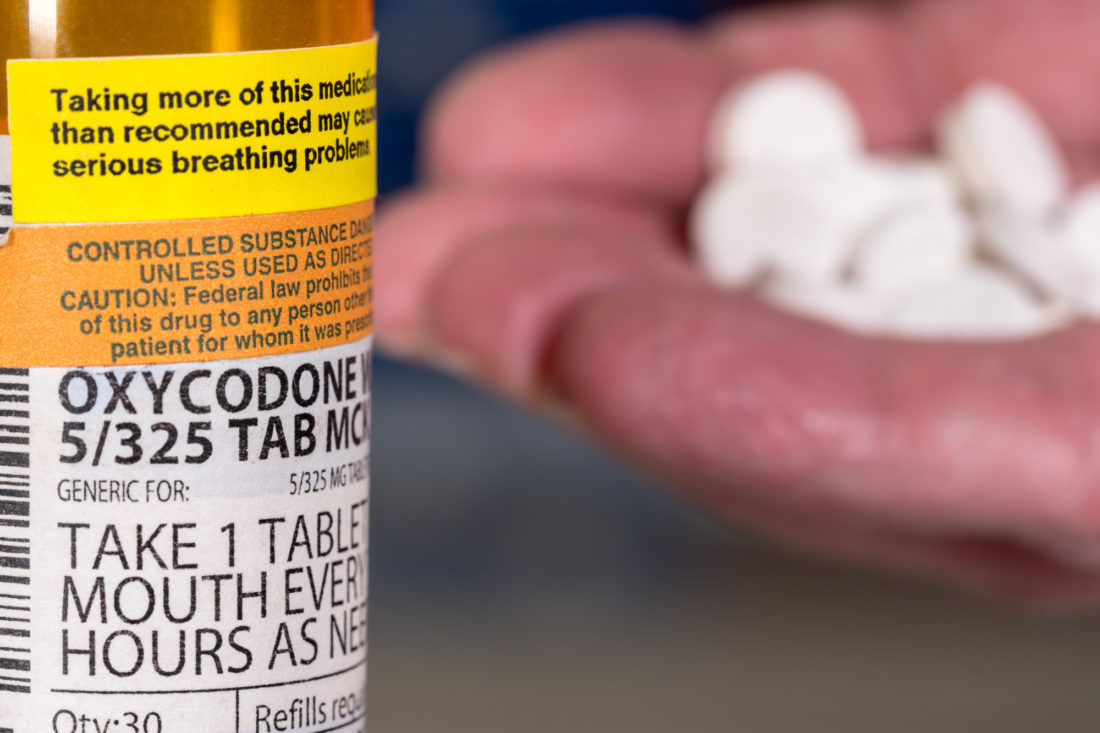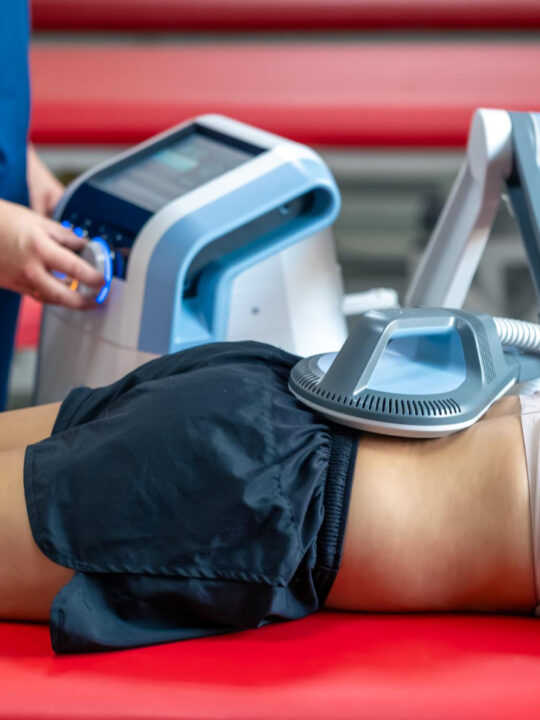 America is facing an opiate epidemic. With more people addicted to opiates than ever, there’s a strong chance that someone you love is struggling.
America is facing an opiate epidemic. With more people addicted to opiates than ever, there’s a strong chance that someone you love is struggling.
You may have witnessed the drug use first hand and the changes that it causes in the addict. You may be wondering “How do opioids affect the brain?” or “Why is it so hard for an addict to stop?”.
We’re here to shed some light on the subject. Addiction is a real and scary disease and it carries some serious implications for the health and well being of the addict. Read on to learn more about how opioids affect the brain and body of the addict you love.
How Do Opiates Affect the Brain?
Long term opiate misuse has long term implications for the brain. When opiates are taken for an extended period, the brain stops producing normal levels of endorphins.
Problem drug use has also been shown to have a strong link to trauma. Coupled with a dip in endorphin production, this can create a diabolical combination in the brain.
When the opiates that the brain has grown to depend on are no longer present, a deep depression can soon follow. Because of this, supervised detox is often suggested for people who are attempting to end opiate drug use.
This can help prevent the addict from giving up when withdrawal symptoms become uncomfortable. As the brain and body detoxes, the addict can expect to feel nausea and uncomfortable leg or stomach pain.
Other withdrawal symptoms can include sweating, insomnia, feelings of hopelessness, and diarrhea. Because opiate withdrawal can be difficult, medical supervision can help addicts manage the symptoms of withdrawal.
Breaking the Cycle
Once addicted, the brain experiences biological changes that make it more difficult to get clean. Regardless of how the addict feels and how much they may want to stop, it can be nearly impossible.
Medication-assisted treatment, commonly referred to as MAT therapy, can be helpful in this case. Medications like Subutex and Suboxone can aid in recovery efforts by improving brain chemistry and reducing the symptoms of withdrawal.
Medications known as opiate blockers can also help to prevent the patient from relapsing. Because these opiate blockers attach to opiate receptors, they can prevent a patient from getting high, even if they do attempt to use opiates.
MAT Therapy
Getting a prescription for these medications isn’t easy, however. You’ll need to get a prescription from suboxone doctors approved to prescribe the medication.
Additionally, there are other risks to consider. Because these drugs have street value, addicts may feel inclined to sell them instead of taking them as prescribed.
If you or someone you love is experiencing opiate addiction, it may be time to consider in-patient treatment. This is especially the case if you believe that an addict may be inclined to sell the medication designed to help them in early recovery.
Get Help Now
Now that you know the answer to “How do opioids affect the brain?” you can have a better idea of what to expect in the days and weeks ahead.
If you or someone you love is in need of help, visit our website. We’re here to help.







